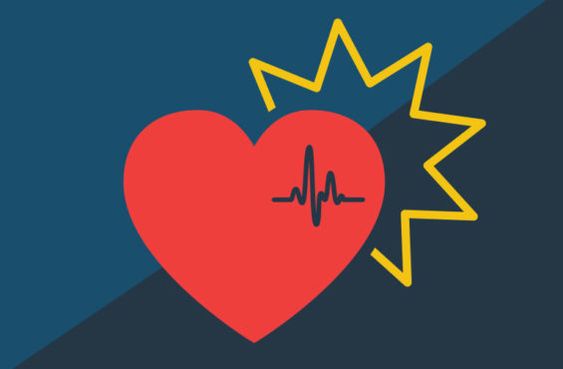Introduction:
A heart murmur is an extra or unusual sound heard during a heartbeat. These sounds, which can be described as whooshing or swishing, are created by turbulent blood flow in or near the heart. While some heart murmurs are harmless and don't require treatment (known as innocent murmurs), others can indicate an underlying heart condition. Understanding the causes, symptoms, and treatment options for heart murmurs is crucial for maintaining optimal heart health.

Heart murmurs can be caused by a variety of factors, ranging from temporary conditions to congenital heart defects. Identifying the underlying cause of a heart murmur is essential for determining the appropriate course of treatment. Depending on the cause and severity of the murmur, treatment options may vary from simple monitoring to medication or even surgery.
Causes of Heart Murmurs:
Heart murmurs can be caused by a range of factors, including:
- Valve abnormalities: Issues with heart valves, such as stenosis (narrowing) or regurgitation (leaking), can disrupt blood flow and create murmurs.
- Holes in the heart: Congenital heart defects, such as holes in the walls separating the heart chambers, can cause abnormal blood flow and murmurs.
- High output states: Conditions that increase blood flow, like pregnancy or hyperthyroidism, can create murmurs.
- Anemia: Low red blood cell count can lead to faster blood flow, potentially causing murmurs.
- Fever: Elevated body temperature can also increase blood flow and contribute to murmurs.
Symptoms of Heart Murmurs:
Many individuals with heart murmurs experience no noticeable symptoms. When symptoms do occur, they may include:
- Shortness of breath
- Fatigue
- Dizziness
- Chest pain
- Swelling in the legs or abdomen
- Bluish skin discoloration, particularly in the lips and fingertips
Treatment for Heart Murmurs:
The treatment for a heart murmur depends entirely on its underlying cause and severity.
- Innocent murmurs: Harmless murmurs often require no treatment.
- Underlying heart conditions: Treatment focuses on addressing the root cause, which may involve medications, lifestyle changes, or surgical interventions.
- Monitoring: Regular checkups and echocardiograms can help monitor the murmur and detect any changes.
It's crucial to consult a healthcare professional for any unusual sounds detected during a heartbeat. Early detection and appropriate management are essential for preventing complications and maintaining a healthy heart.

.jpg)